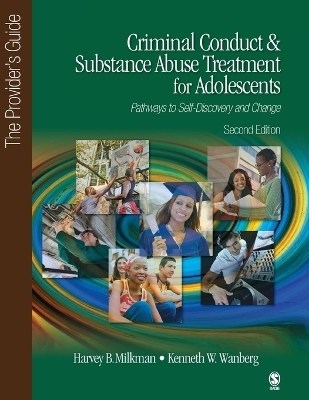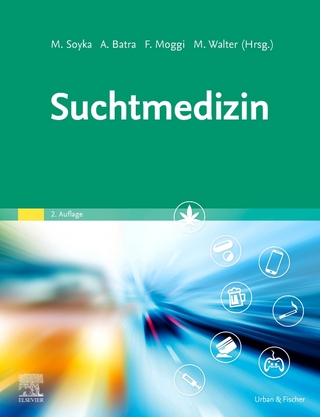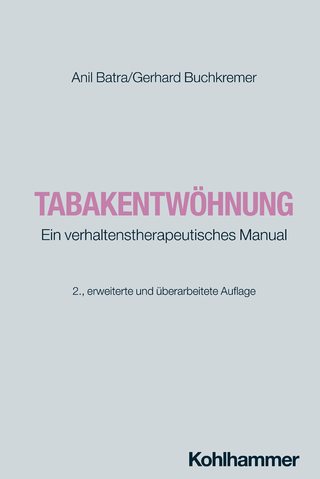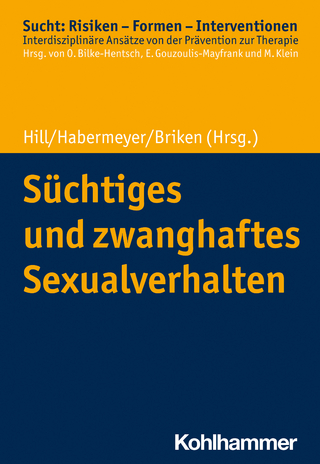
Criminal Conduct and Substance Abuse Treatment for Adolescents: Pathways to Self-Discovery and Change
SAGE Publications Inc (Verlag)
978-1-4522-0580-9 (ISBN)
This Provider′s Guide introduces a comprehensive and developmentally appropriate treatment program, Pathways for Self-Discovery and Change (PSDC), which provides the specific tools necessary for improving evaluation and treatment of at-risk youth, a particularly vulnerable patient population in the justice system. Using an adolescent-focused format, this protocol identifies psychological, biological, and social factors that contribute to the onset of adolescent deviance, and establishes guidelines for delivery of a 32-session treatment curriculum designed to rehabilitate both male and female adolescents with co-occurring substance abuse and criminal conduct.
Now in its Second Edition, this guide provides treatment practitioners, program evaluators, and youth services administrators with the most up to date, comprehensive, and accessible information for the treatment and rehabilitation of juvenile justice clients. It is built on theoretical and research advances in the treatment and rehabilitation of juvenile justice clients, as well as feedback over the past seven years from PSDC counselees, treatment providers, and program administrators.
SAGE offers treatment and training programs for mental health providers that you can easily incorporate into your existing programs.
Harvey B. Milkman, PhD received his baccalaureate degree from City College of New York and his doctorate from Michigan State University. He is currently professor of psychology at Metropolitan State College of Denver. His doctoral research was conducted with William Frosch, MD, at Bellevue Psychiatric Hospital in New York City, on the User’s Drug of Choice. From 1980–1981, he completed a sabbatical exploration of addictive behavior in Africa, India, and Southeast Asia; in 1985 he was recipient of a Fulbright-Hays Lectureship award at the National University of Malaysia. He has represented the United States Information Agency as a consultant and featured speaker in Australia, Brazil, Iceland, The Netherlands, Peru, Turkey, and Yugoslavia. He is principle author with Stanley Sunderwirth of “The Chemistry of Craving,” and author of “Better than Dope,” featured articles in Psychology Today, October, 1983 and April, 2001 respectively. From September 1992–June 2002, he was author, principal investigator, and director of Project Self-Discovery: Artistic Alternatives for High-Risk Youth, a national demonstration model funded by The Center for Substance Abuse Prevention and the Edward Byrne Foundation. Kenneth W. Wanberg, ThD, PhD, is a licensed psychologist in the State of Colorado and Director of the Center for Addictions Research and Evaluation, Inc.
List of Figures
List of Tables
Presentation Guidelines List of Tables
List of Reflection Poems
Acknowledgments
Introduction: Promoting Adolescent Resiliency
Section I: Theoretical and Research Perspectives
1. Adolescent Development and Pathways to Problem Behavior
2. Causes, Correlates, and Consequences of Adolescent Substance Abuse
3. Co-occurring Substance Abuse and Mental Disorder
4. Substance Abuse and the Adolescent Brain
5. Juvenile Crime and Violence
6. Addressing Gang Culture in the Context of Treatment
7. Female-Focused Treatment in the Juvenile Justice System
8. Youth Culture and Diversity
Section II: Foundational Treatment Models: Evidence-Based Approaches
9. Treatment Systems, Modalities, and Models of Care
10. The Cognitive-Behavioral Model and Core Treatment Strategies for Adolescents
11. Community Reintegration: Reinforcing Change Through Continuing Care
Section III: Operational Guidelines
12. Guidelines for the Assessment of Juvenile Justice Clients
13. Methods and Procedures for Program Delivery
Section IV: The Treatment Curriculum: Presentation Guidelines
14. Guidelines for Session Delivery: Pathways to Self-Discovery and Change (PSDC) Program Orientation
Section V: Adjunct Provider′s Guide for Treating Female Juvenile Justice Clients
15. Gender-Focused Session Enhancements
Appendices
References
Index
| Verlagsort | Thousand Oaks |
|---|---|
| Sprache | englisch |
| Maße | 215 x 279 mm |
| Gewicht | 1220 g |
| Themenwelt | Kinder- / Jugendbuch ► Sachbücher |
| Medizin / Pharmazie ► Medizinische Fachgebiete ► Suchtkrankheiten | |
| Sozialwissenschaften ► Pädagogik ► Sozialpädagogik | |
| Sozialwissenschaften ► Soziologie | |
| ISBN-10 | 1-4522-0580-9 / 1452205809 |
| ISBN-13 | 978-1-4522-0580-9 / 9781452205809 |
| Zustand | Neuware |
| Haben Sie eine Frage zum Produkt? |
aus dem Bereich


